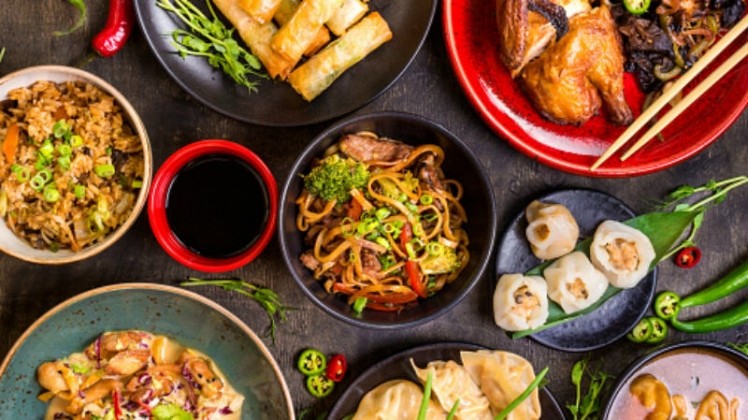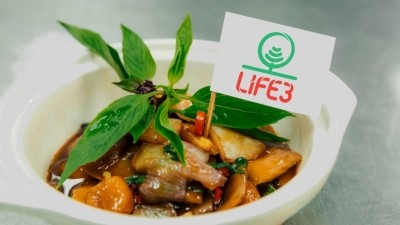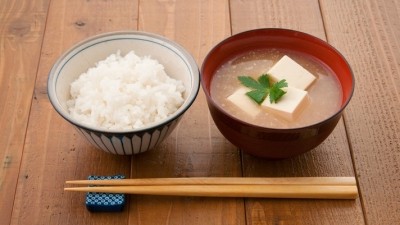‘Urban myth’: Asian foods are unhealthier than Western fast foods - Singapore study

The study was conducted by the Clinical Nutrition Research Centre (CNRC) in Singapore, and involved 25 of the most popular local Asian foods (from Chinese, Malay and Indian cuisine) as well as 29 Western fast foods.
All the foods were examined for energy, total fat, saturated fat, sodium, and cholesterol content based on their respective serving sizes. The types of foods examined were selected based on interviews and questionnaires to find the most commonly-consumed local items.
According to the study authors, Chinese, Malay and Indian cuisines encompass the dietary habits of some 4.5 billion people in Asia, and there exists a long-standing misconception that foods within these Asian cuisines are healthier than Western ones.
“There is widespread presumption that the increase in obesity, cardiovascular disease, and hypertension in Asia is driven by the overconsumption of western-styled fast foods,” they said.
“In parallel, there continues to remain an urban myth that local Asian foods are both healthy and nutritious. We wish to report that both these perceptions are false.”
The study found that on average, the levels of saturated fat in Asian foods were significantly higher than that in Western fast foods (9g vs 6g) per serving. Cholesterol content in local foods was even more worrying, at almost three times higher in local foods versus Western ones (108mg vs 37 mg) per serving.
The authors attributed these differences to the high use of animal fats and a tendency for Asian consumers to prefer the consumption of fatty meats and skin as compared to Western ones.
“The higher saturated fat and cholesterol content of Asian foods was predominantly due to animal fats such as lard, fatty meats (pork, beef, and mutton) and skin of poultry (chicken),” they said.
Sodium levels were another area of significant concern, as Asian foods were found to contain almost double (47%) the amount of sodium as compared to Western foods (1448mg per serving vs 758mg per serving). This was attributed to widespread use of seasonings such as soy sauce and monosodium glutamate in Asian foods, which are considered staples in local cuisine.
On average, Asian foods were found to contain 2,324 kJ of energy per serving, slightly but not significantly more than Western fast foods at 1,888 kJ. A similar pattern was found for total fat (21g per serving in Asian vs 18g per serving in Western).
New strategies needed
Based on these new discoveries, the researchers hope to encourage an overhaul of strategies undertaken towards healthier diets.
“The persistent presumption that the consumption of western-styled fast foods is the cause of obesity in Asia needs to be challenged – Our results highlight the need to re-examine the notion that the consumption of [these] foods alone is the bane of our ill health,” they stated.
“[It is hoped that this] new observation will facilitate crafting an alternative framework needed to improve the health of the Asian community, [and] enable us to redress the necessary strategies to address the Asian diet-health debate.”
Study: Are Asian foods as “fattening” as western-styled fast foods?
Source: European Journal of Clinical Nutrition
Authors: Henry, C.J. et. al.






















